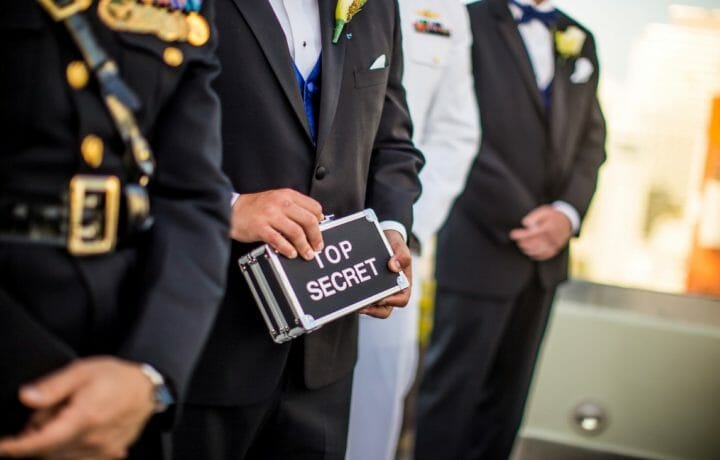I’ve written previously in this forum about dual citizenship and passports, but one question continues to arise with great frequency: under what circumstances is someone actually considered a dual citizen? Citizenship and immigration law can be confusing for even the most intelligent people. Many naturalized U.S. citizens are under the erroneous impression that their prior citizenship simply vanishes upon swearing allegiance to the United States. (After all, how can anyone swear allegiance to more than one country?) But this is rarely true, and such an assumption can lead to entirely avoidable problems – including allegations of falsification – during the security clearance process.
Renouncing Your Citizenship
With the exception of a handful of countries (mostly in Asia and Africa), obtaining dual citizenship has no impact on the individual’s prior citizenship. In other words, just because you swear allegiance to the United States does not mean that you have automatically renounced your prior citizenship. Renunciation of citizenship generally requires a trip to the country’s embassy or consulate in the United States and the signing of paperwork that explicitly indicates your desire to renounce.
It is perfectly legal for U.S. citizens to hold dual citizenship and even multiple passports, although security clearance holders must surrender any foreign passports to their security officer. There is a difference, however, between what is legal and what the government finds acceptable for security clearance purposes. In many cases, dual citizenship will be a bar to obtaining a security clearance. One of the key factors – the identity of the other country – is obviously outside the applicant’s control.
“Where your treasure is, there your heart will be also”
If you are a naturalized U.S. citizen who is concerned about the impact that dual citizenship could have on your security clearance, you can take affirmative steps to help improve your situation. To start, be sure that you are completely divested of all financial and business ties to your home country: close bank accounts there, sell any property you own in your prior country, and don’t otherwise exercise any of the benefits of your home country’s citizenship. If possible, minimize the number of trips back to your home country and, if you do go, be sure not to engage in any behavior that could make you an intelligence target (e.g. solicitation of prostitution, drug usage, etc.). Finally, think seriously about whether you are willing to formally renounce your dual citizenship. But contrary to conventional wisdom, don’t act on those thoughts without first clearing it with U.S. government security officials. Renunciation of citizenship is often a red flag that you are pursuing a security clearance and could make you a foreign government’s intelligence target.
This article is intended as general information only and should not be construed as legal advice. Consult an attorney regarding your specific situation.




